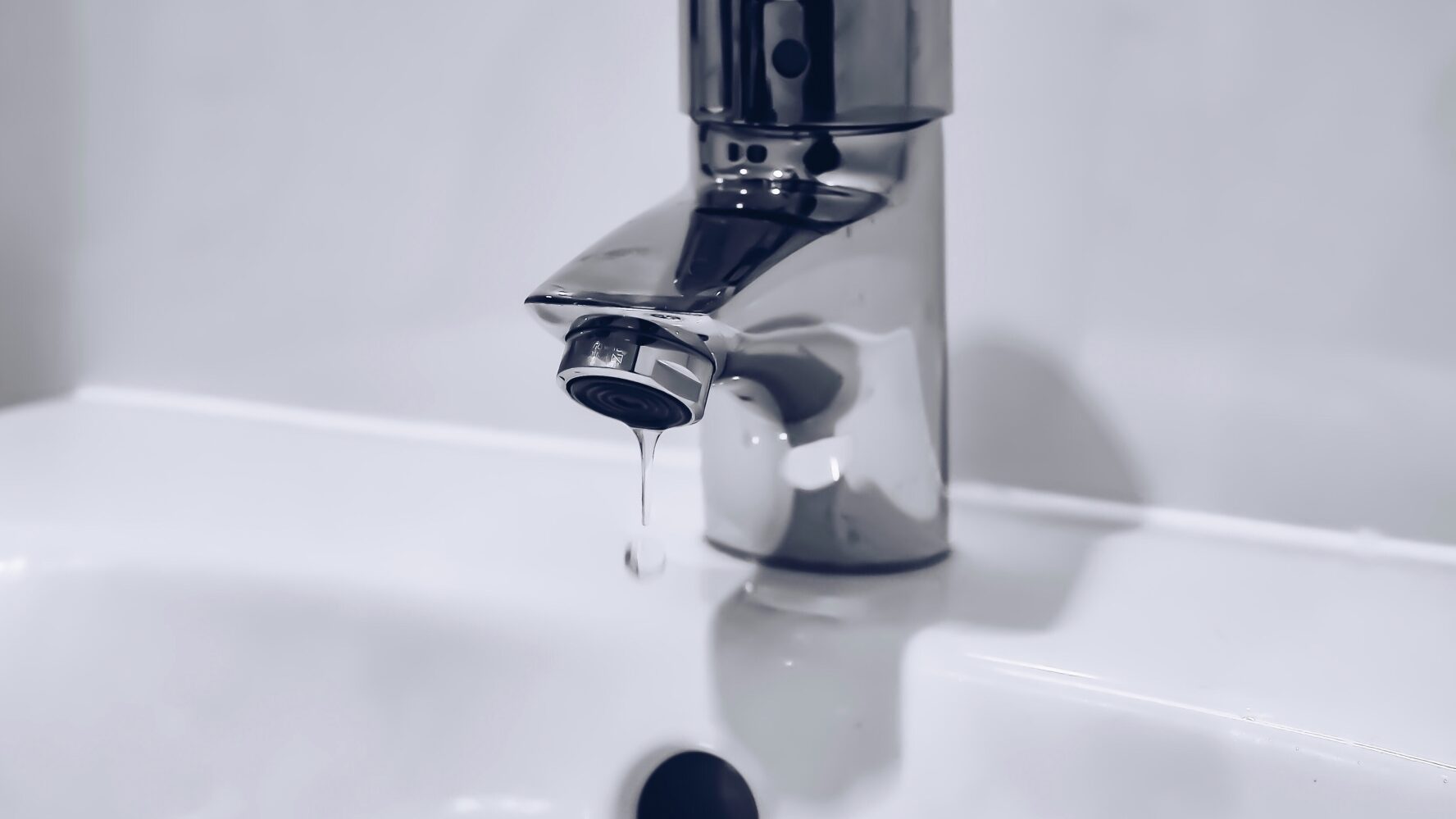
This content was true at the time of publishing on 27 August 2025, but may now have changed.
Water bills have risen for many households across Great Britain, so finding ways to manage your utility bills is more important than ever. If you’re looking for practical tips on how to save on water bills, this guide will walk you through some handy ways to reduce your water usage and keep more money in your pocket.
How are water bills calculated?
Ever wondered how your water bill is actually calculated? It can sometimes feel a bit confusing, but understanding the basics is the first step to finding ways to save.
Your bill is worked out in one of two main ways:
By measuring the water you use with a meter
By using the rateable value of your property if you don’t have a meter
If you have a meter (common in homes built since 1990), you pay for what you use plus a standing charge. Otherwise, your charge is typically based on your house’s rateable value. Knowing which one applies to you is key to finding potential savings.
What is the average monthly water bill in Great Britain?
Water UK has said that for 2025/2026, average water bills for the next year are predicted to be £603, which is a rise of £123 or 26%. That’s why, now more than ever, you might be looking for ways to save.
How to reduce your water bill:
1. Look at water meter options
With a water meter, you only pay for the water you use, not a fixed amount. For some people, having a water meter can help them save money, especially if you don’t tend to use a lot of water in your home.
2. Get free water-saving gadgets
Many water companies offer free water-saving devices that can make a big difference to your water usage. These might include items like shower heads and tap inserts that better control water flow, water saving devices for your toilet cistern, and cheaper water butts. These gadgets are easy to install and don’t require major changes to your routine, but over time, they may reduce your water bill.
3. See if you qualify for a low income tariff
Each water company has a social tariff scheme, meaning you could get more support if you’re eligible, such as discounts on your water bills.
4. See if you qualify for the WaterSure scheme
The WaterSure scheme helps some people in England with their water bills, as well as some people in Wales who get their water from Welsh Water.
You might be eligible for this scheme if you’re on benefits, and use a lot of water because of a medical condition or if you have three or more school-aged children in full-time education. You’ll also need to be on a water meter, or live somewhere where a water meter can’t be fitted.
If you’re approved for support, there’s a limit on how much you’ll be charged for your water. This means your bill won’t be higher than the average for a typical metered household in your local area.
You might find that your usual water bill is already lower than this cap. If that’s the case, you’ll just continue to pay based on how much water you use. Contact your water supplier to see if you’re eligible.
5. Collect rainwater
Use a water butt or rain barrel to collect rainwater. This water can then be used for gardening, washing your car or any other outdoor tasks. You could buy a water butt, or make one yourself to save some cash using a container you already have.
6. Use cooler water when you can
Although washing clothes on a hot setting can remove smells and bacteria, it can actually make your clothes deteriorate quicker, as well as use more energy if done regularly. If you opt for an eco cycle on a cooler temperature setting, this’ll likely use less water, as well as be kinder to your electricity bill. Another great tip to reduce your water bill is to only run your washing machine or dishwasher when it’s full.
7. See if you’re eligible for a surface water drainage rebate
Surface water is what’s collected from your drains and gutters, and this is included in your water bill as a sewage charge. Did you know that if no surface water from your home goes into a public sewer, you might be eligible for a refund?
Before you claim a rebate, check where your surface water drains to. If you think it doesn’t go to a public sewer, ask your water company for an application form to apply for a refund. They might ask you to include a plan of your home in the application. If your application is accepted, you may get backdated payments and you won’t be charged for future surface water drainage payments in your bill.
8. Change your water habits
Changing your habits could have a big impact on your final metered water bill.
Check for leaks. Even if it’s a small drip from a leaky toilet, this can waste lots of water. Check your sinks, showers and toilets for any leaks, and get them fixed if you can.
Use a washing-up bowl. Rather than washing your dishes under a tap, use a washing-up bowl to save on running water.
Shorten your showers. According to the Consumer Council for Water, if a family of four shortened their shower time by two minutes, they could save £210 per year on water and energy costs.














